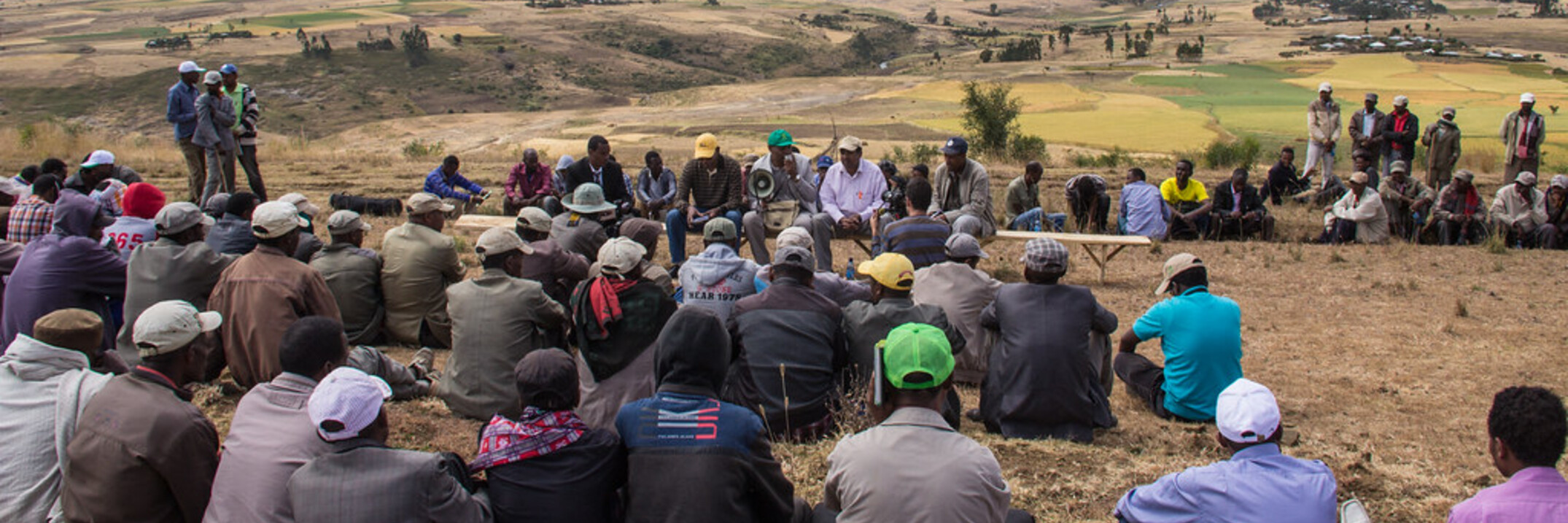In the context of climate change, in-depth analysis of the spatiotemporal characteristics, propagation dynamics, and influencing factors of droughts is critical for early warning and decision-making. However, such analyses are often constrained by a...


